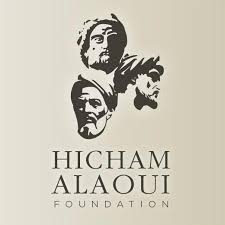Competing Authorities in the Middle East and North Africa
Status
Ongoing (2023-2026)
The project Competing Authorities in the Middle East and North Africa will bring together an interdisciplinary group of scholars to examine how and when different authorities, both within and outside the state, shape political behavior and development outcomes in the Middle East and North Africa (MENA).
Theoretical Framework
This project draws upon a theoretical framework presented in the Cambridge University Press Elements book, Everyday Choices: The Role of Competing Authorities and Social Institutions in Politics and Development. (See here for open-access text and audiobook.) Everyday Choices presents a framework and language to describe how individuals’ memberships in multiple, often competing, communities affect politics and development. It highlights that individuals are members of multiple communities – religious orders, family or kinship groups, ethnic communities – that make claims on them and create additional, often non-obvious, incentives that shape individual actions. Understanding how individuals experience these demands and, consequently, view the choices before them is essential if scholars and practitioners are to fully understand political processes and development outcomes.
Competing Authorities focuses on understanding the variation in the influence of these authorities (e.g., state, religious, ethnic). Drawing on their own original research, scholars in this project will collaborate to develop a unified understanding of how various authorities compete to maintain or expand power over various communities and why and when some authorities play greater roles than others regarding governance in the MENA region. Studies will focus on when, how, and why different authorities influence 1) land access and property rights protection, 2) political participation; 3) service provision; and 4) dispute resolution.
Acknowledgment
This project is supported by the Competing Authorities in the Middle East and North Africa (Hicham Alaoui Foundation). PI: Ellen Lust.
